All Stories
-
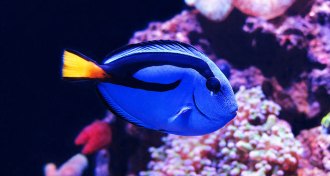 Animals
AnimalsThat ‘Dory’ for sale may have been poisoned with cyanide
Preliminary results from a new study show that over half of aquarium fish sold in the United States may have been caught with cyanide.
-
 Space
SpaceReaders weigh in on ET and the meaning of life
Reader feedback from the June 25, 2016, issue of Science News
-
 Science & Society
Science & SocietyOn a mission for science, on Jupiter and on Earth
Editor in chief Eva Emerson discusses promoting science and the new sponsor of the Science Talent Search.
By Eva Emerson -
 Tech
TechMonitoring online groups offers insight into ISIS attacks
Targeting online groups may be key to limiting the digital reach of ISIS.
By Bruce Bower -
 Neuroscience
NeuroscienceCocaine addicts can’t kick other habits either
Habitual users tend to get stuck in nondrug-related habits more easily, too, pointing to a potential strategy for treatment
-
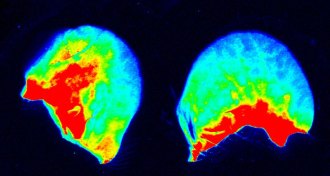 Health & Medicine
Health & MedicineMosquito spit can increase dengue severity
By weakening blood vessels, mosquito saliva may make dengue fever more severe in some cases.
-
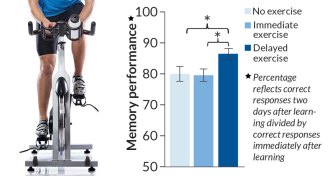
-
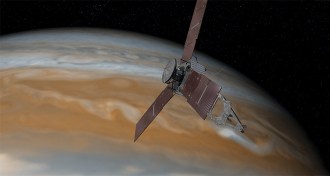 Planetary Science
Planetary ScienceJuno is closing in on Jupiter
After 5 years of travel, Juno will soon reach Jupiter and begin its up close investigations of the giant planet.
-
 Planetary Science
Planetary ScienceThe 43-year history of journeys to Jupiter, in one graph
With the arrival of Juno, nine spacecraft will have flown past or orbited Jupiter over the last 43 years.
-
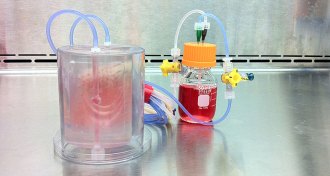 Health & Medicine
Health & MedicineStem cells from pig fat aid in growing new bone
Scientists transform fat stem cells into bone and grow new jaws for minipigs.
-
 Health & Medicine
Health & MedicineZika infection late in pregnancy may be not so risky
An early report out of Colombia finds no microcephaly in babies born to a group of pregnant women infected with Zika virus during the third trimester.
By Meghan Rosen -
 Astronomy
AstronomyMolecular handedness found in space
Propylene oxide in an interstellar cloud sets up a testing ground for understanding why life chooses one type of mirror-image molecule over another.